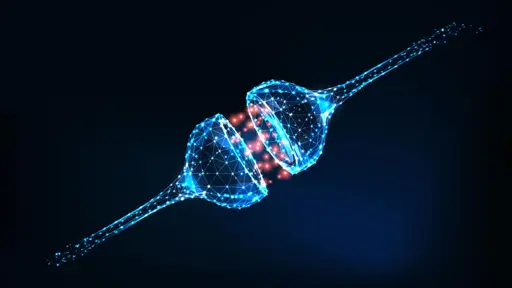UMass Amherst engineers have built an artificial neuron powered by bacterial protein nanowires that functions like a real one, but at extremely low voltage. This allows for seamless communication with biological cells and drastically improved energy efficiency. The discovery could lead to bio-inspired computers and wearable electronics that no longer need power-hungry amplifiers.



Hah, how cool is this?! I just started reading Dan Brown’s new book that is largely about this same thing.
What’s the book called, and is it a Langdon book?
Yes, Langdon. The Secret of Secrets.
I just finished it. Very interesting topic